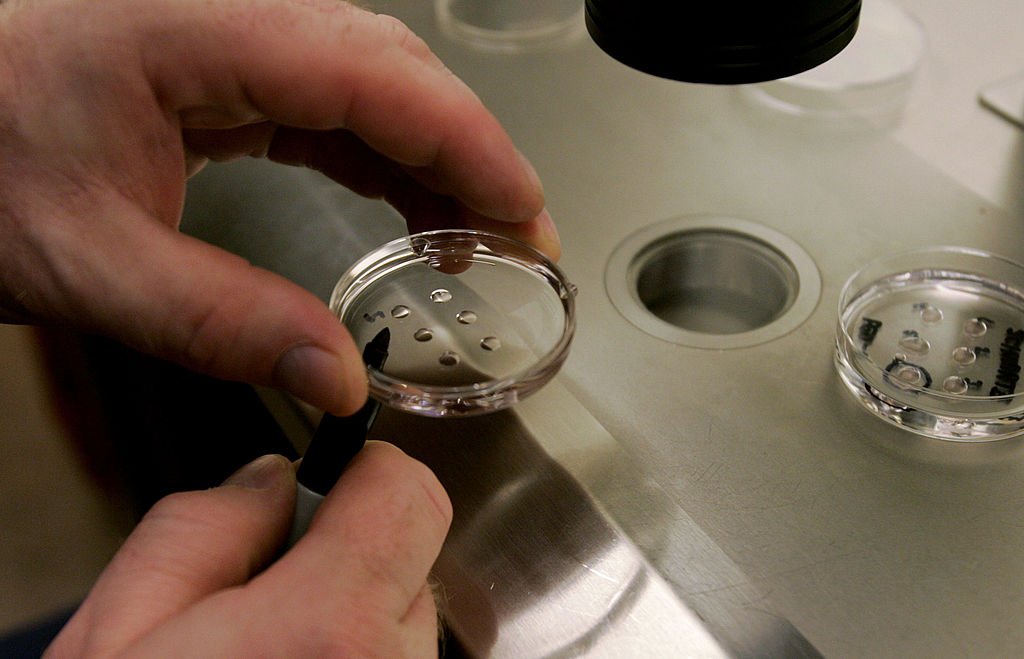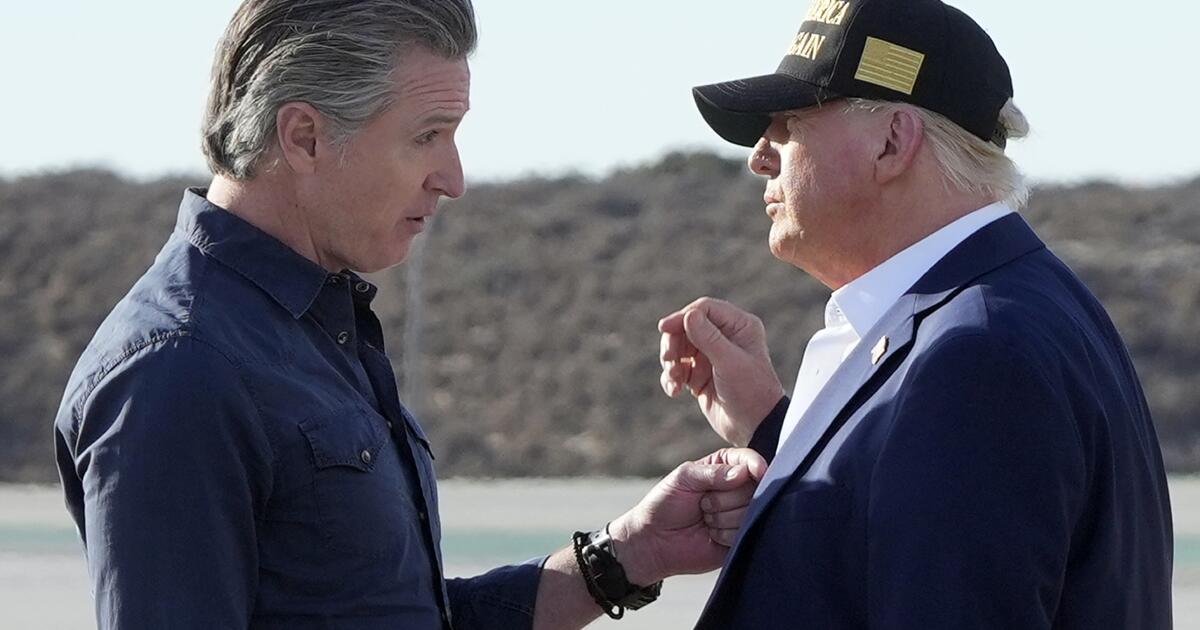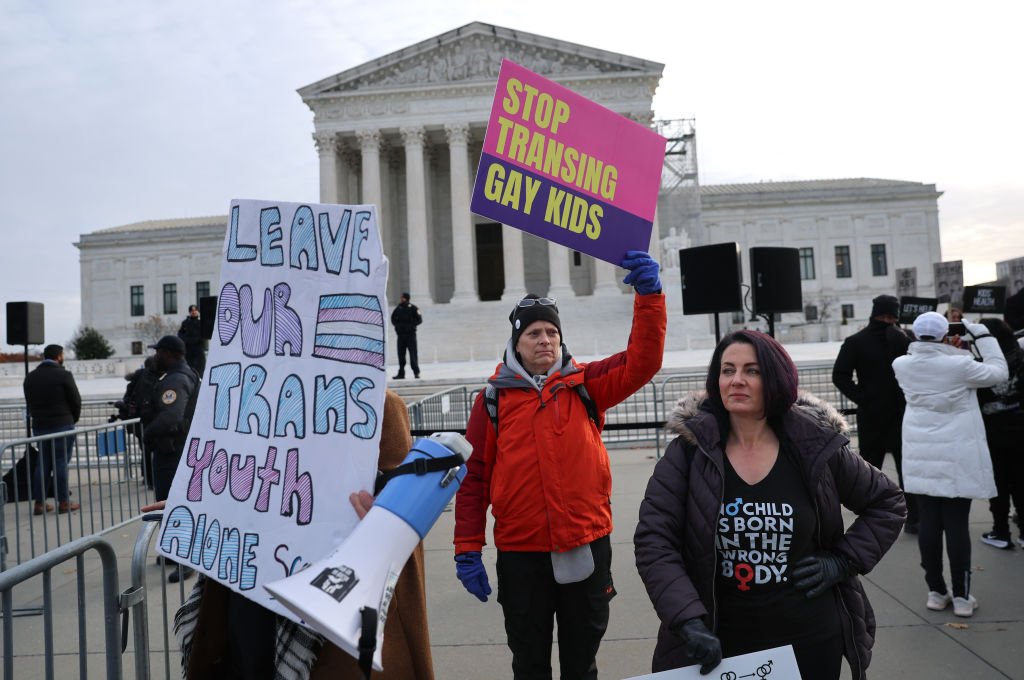The Coconino County Department of Health and Human Services wants to reduce overdoses. CCHHS’ Opioid Overdose Prevention Program distributes free home kits containing two doses of Narcan (naloxone nasal spray), three fentanyl test strips, a CPR barrier mask, and resource information for people suffering from opioid dependence It is a harm reduction plan to
The program launched in 2017 and could grow with the expected inflow of funds from settlements with pharmaceutical and healthcare companies such as Cardinal Health and Johnson & Johnson.
In 2011, approximately 2,600 deaths in the country were caused by fentanyl and its derivatives. According to Governor Katie Hobbs’ March 21 statement, 1,773 Arizonans died from opioid overdoses last year.
Arizona Governor Doug Ducey declared the so-called opioid crisis a public health emergency in 2017. Since then, programs like Coconino County have received grants from the Arizona Department of Health Services, the Centers for Disease Control and Prevention, and other agencies. Provide residents with tools such as Narkan kits and education for free.
“Generally, 75% of opioid-related deaths involve fentanyl,” said program manager Candice Coenker. “Everyone makes bad choices, but that doesn’t mean you should die as a result. These kits save lives and give people a chance to get clean.”
CCHHS is designated as the primary agency to distribute approximately $4 million of the county’s settlement fund over the next 18 years. A total of $542 million has been awarded to date across Arizona.
In a press release dated March 30, the county stated, “Coconino County’s share of the settlement … will help fund programs to support treatment, prevent overdose deaths, and reduce other harms from drug use.” Coconino County is also part of an opioid settlement with Allergan, CVS, Teva and Walgreens and expects an additional award of $3 million.
The CCHHS Opioid Overdose Prevention Program is focused on providing resources that can reduce harm for individuals experiencing opioid addiction. These include opioid overdose kits containing Narcan and test strips. These can be picked up or mailed at her CCHHS office in Flagstaff, or provided by peer support staff who work directly with people struggling with addiction.
Narcan is a powerful tool because it has no side effects and is not overused, Koenker said. It has the ability to instantly reverse an opioid overdose and has been used by hospitals and paramedics since 1971. Combined with prompt treatment, it can prevent opioid-related deaths. Its recent over-the-counter (OTC) approval by the Food and Drug Administration may increase its ubiquity.
“The county health department has Narcan nasal spray available free of charge to all Coconino County residents,” said Koechner. “We usually ask people who get the kit to go through a brief training session. [is] One-on-one sessions are often 5-10 minutes, but we also offer more in-depth training for larger groups. “
The CCHHS kit also includes a fentanyl test strip that can detect the presence of fentanyl in substances, but not the amount. The kit comes with a warning: “A negative result does not guarantee the absence of fentanyl.”
CCHHS will provide training on its use and will also provide three disposable test strips.
“Often, people buy drugs unintentionally. [use] Fentanyl, they might think it’s cocaine,” Koenker said. I have.”
According to the Drug Enforcement Administration, fentanyl overdoses are on the rise due to the adulteration of other drugs with stronger chemicals that can cause overdoses at low levels in people who have never used opioids. I’m here.
In general, Koenker noted that as long as the skin is dry, fentanyl is not readily absorbed through the skin into the bloodstream.
“If you have dust on your hands, avoid touching your eyes, mouth and nose,” says Koenker. “If people come into contact with a tablet, if they don’t know what it is, or if they know it’s fentanyl, they should wash their hands. [soap and] Do not use water and hand sanitizer. “
Other CCHHS harm reduction strategies include providing free deterra or small bags of charcoal that deactivate the drug when water is added, and allowing the drug to be safely disposed of rather than flushed down the toilet. and providing a prescription drug disposal drop box.
“We know some people have prescription opioids that they use, so we also have a medication lockbox available for free. [daily] It’s for pain management,” says Koenker. “So not only do they lock them down so people can’t steal them, but they also prevent accidental poisoning if a child gets their hands on the drug.
A similar effort was recently made with Partners Against Drug Trafficking in Yavapai County and MATForce’s Naloxone Abandonment Program. With this, law enforcement now offers opioid treatment options along with Narcan when arriving at the scene of a suspected overdose. Last year, PANT responded to 145 reported overdoses, administering naloxone to 73, according to Yavapai County.
Typically, CCHHS will set up interviews with Flagstaff agents, conduct training, and issue Narcans and test strips. However, Koenker said anyone can take the training on his Zoom and have the kit mailed to them.
Additionally, for residents wary of having to control Narkan, on Monday, April 10, the state approved House Bill 2168, a new Good Samaritan law sponsored by Arizona Rep. Quang Nguyen. Did. [R-District 1], representing the Verde Valley. HB 2168, the law signed by Hobbs, protects people from prosecution if they offer naxolone treatment in good faith. In his press release, Nguyen hailed it as an example of good policy that could help save lives in the face of a divided government.
Residents wishing to obtain a kit should contact CCHHS at (928) 679-7264 or email jgormley@coconino.az.gov.
















